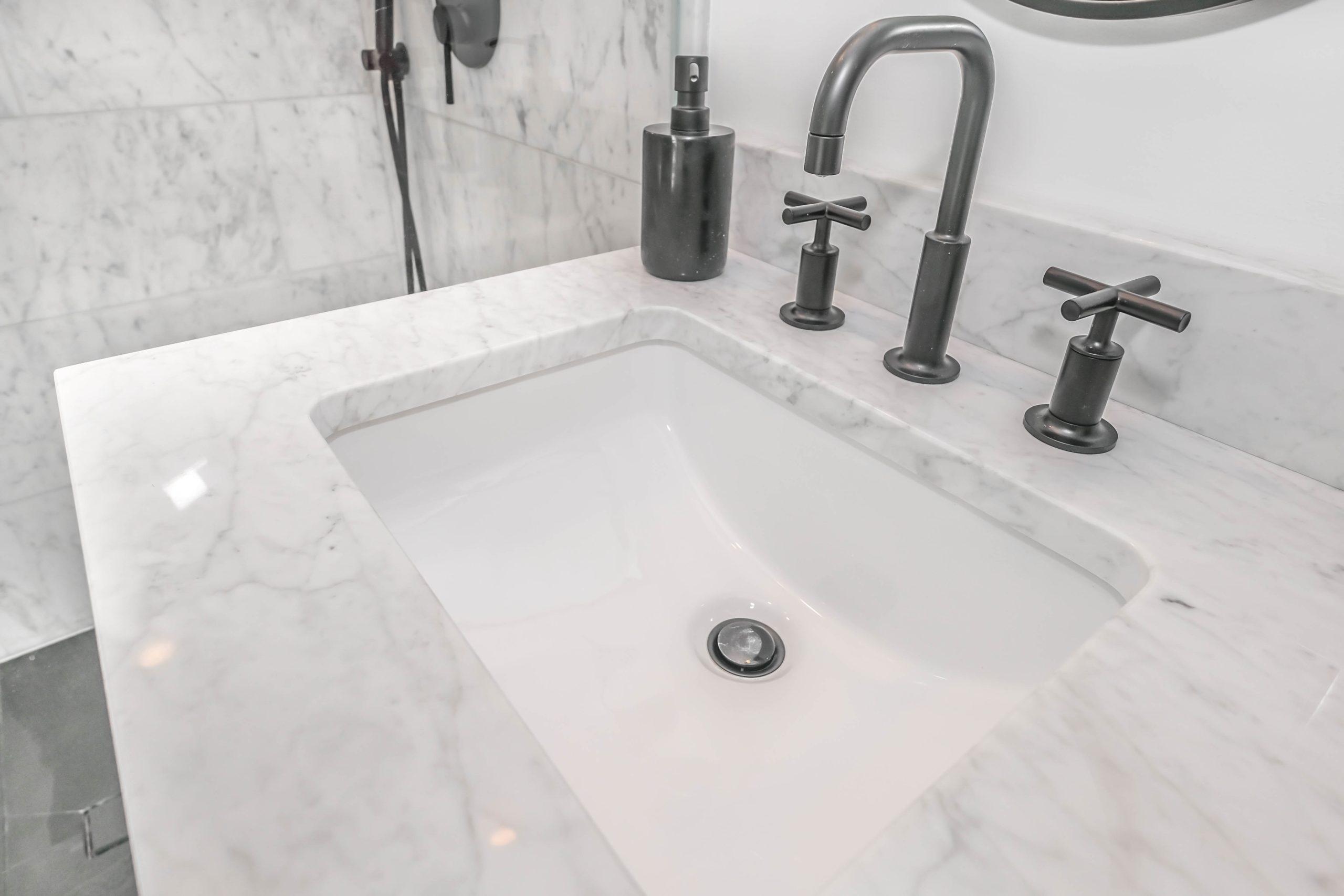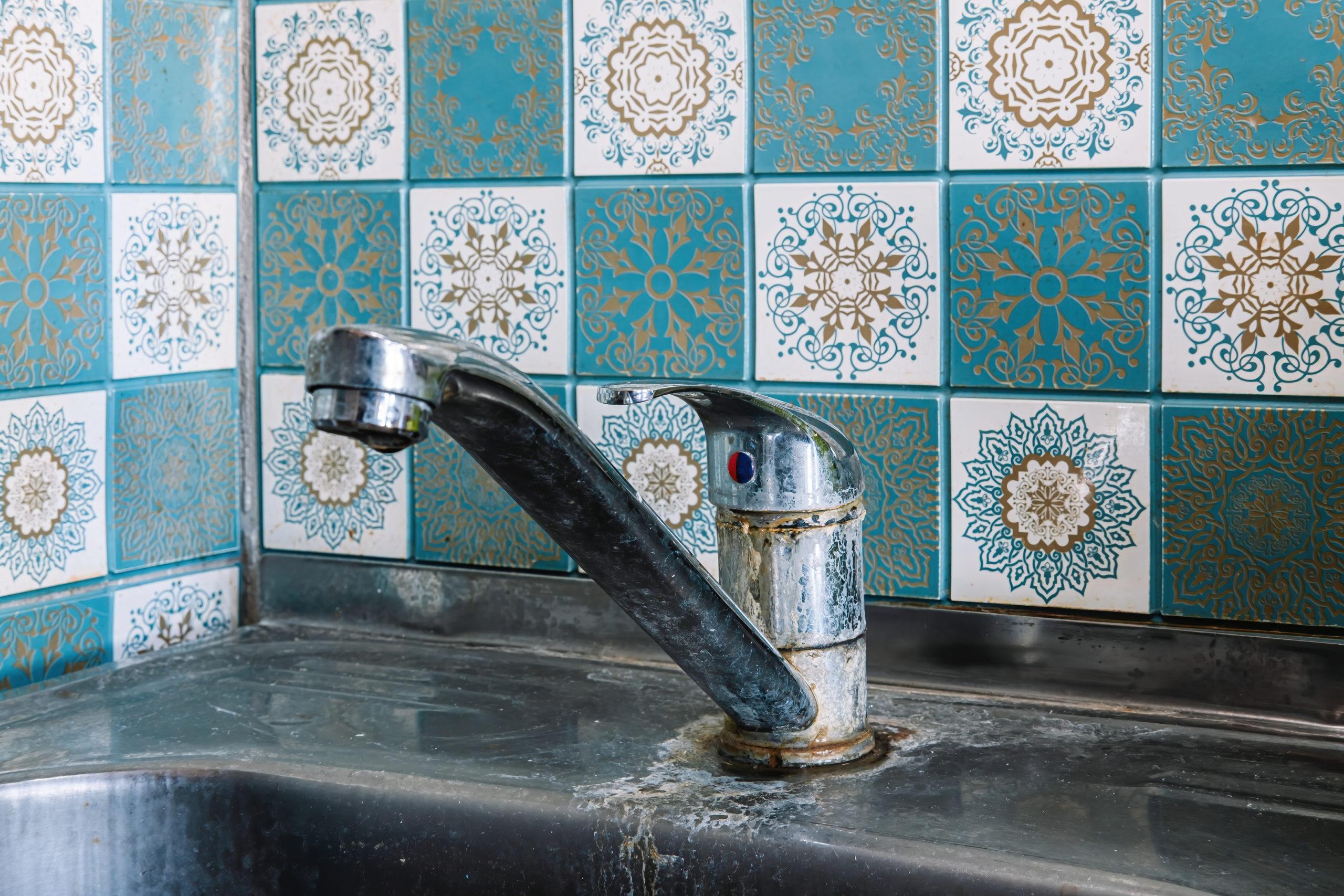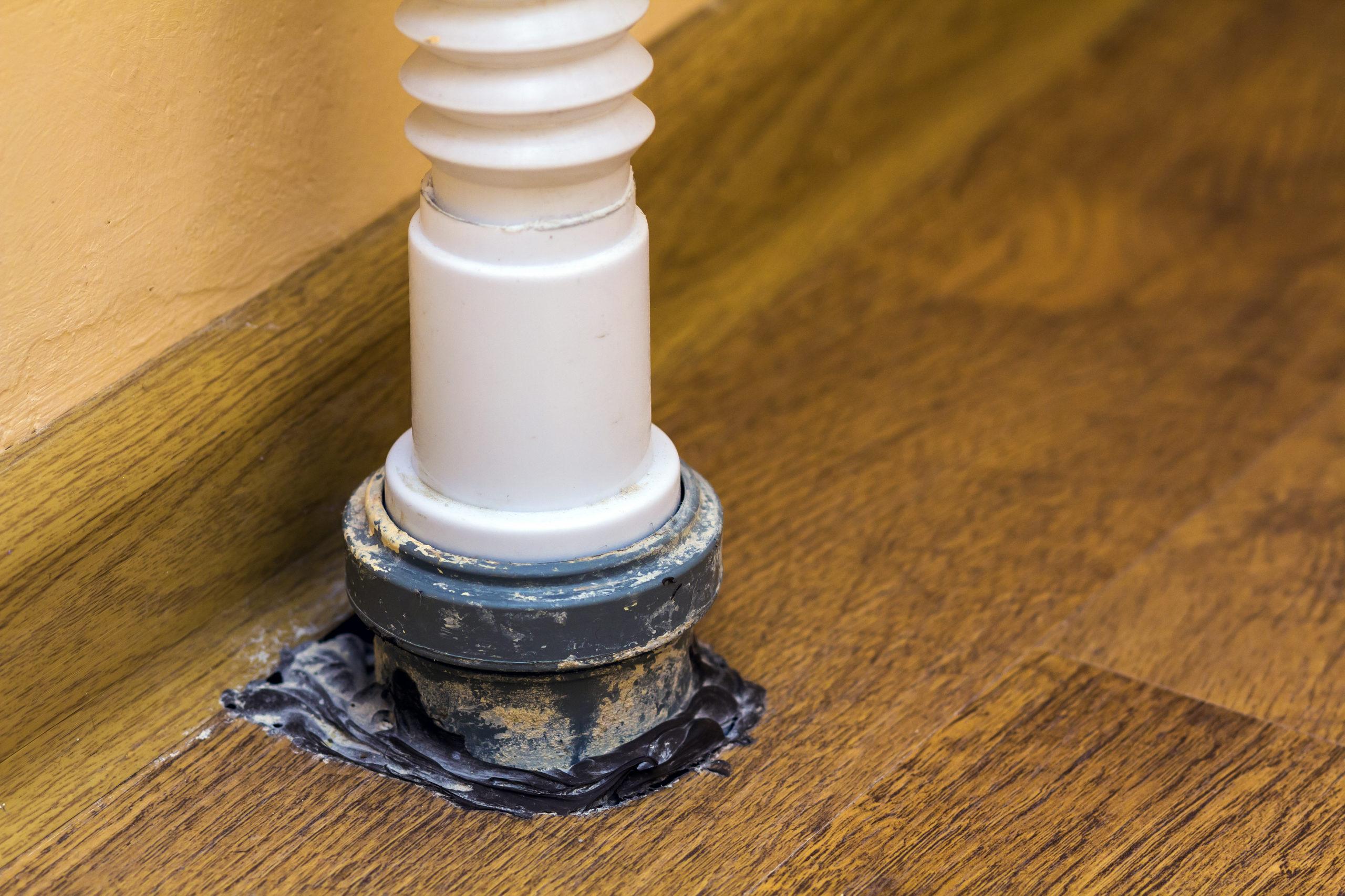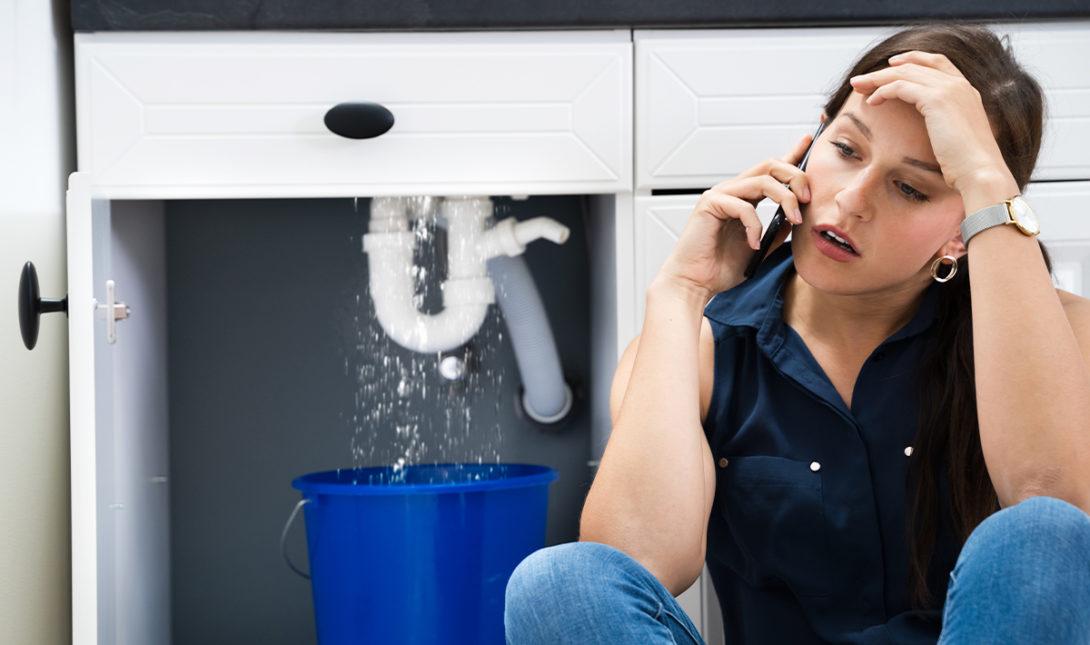
As a homeowner, it can be frustrating to deal with a leaky
bathroom sink. Not only can it be annoying to hear the constant dripping sound, but it can also lead to water damage and
increased water bills. In order to fix the issue, it’s important to understand the underlying cause of the leak. In this blog post, we’ll explore the various factors that can contribute to a leaking bathroom sink, as well as steps you can take to prevent and fix the problem.
Cause #1: Worn Out Gaskets and Washers
One of the most common causes of a leaking bathroom sink is the wear and tear of gaskets and washers. These small, rubber-like components are located in the faucet and serve to create a watertight seal. Over time, however, they can become brittle and start to break down, leading to leaks. This is especially common in older faucets that have been in use for many years.
To fix this issue, you’ll need to replace the worn out gaskets and washers. This is a relatively simple DIY task that can be accomplished with a few basic tools and some basic plumbing skills. Simply turn off the water supply to the sink, remove the handles and any other components blocking access to the gaskets and washers, and then replace them with new ones. It’s a good idea to keep a few spare gaskets and washers on hand in case you encounter any issues during the repair process.
Cause #2: Loose Faucet Handles

Another common cause of a leaking bathroom sink is loose faucet handles. If the handles on your sink are not tightened properly, it can cause water to leak out around the base of the faucet. Loose faucet handles can cause a sink to leak due to the internal mechanism that connects the handle to the valve stem. The handle is connected to the valve stem via a screw or a set screw, and when the handle is loose, it can cause the stem to become misaligned. This misalignment can cause the rubber O-ring or washer inside the valve stem to become damaged, worn, or dislodged. These seals are responsible for preventing water from leaking out of the valve stem when the faucet is turned off. When they become damaged or dislodged, water can escape and cause a leak. This is typically an easy problem to fix, as all you need to do is tighten the handles using a wrench or pliers. Just be careful not to overtighten the handles, as this can cause them to become stripped or damaged.
Cause #3: Corroded Pipes

In some cases, a leaking bathroom sink may be caused by corroded pipes. If the pipes under your sink are old and have become corroded, it can cause water to leak out at various points along the pipes. This is a more serious issue that will require professional repair, as it involves accessing and replacing the damaged pipes.
To prevent this issue, it’s important to regularly inspect the pipes under your sink for any signs of corrosion. If you notice any rust or discoloration, it’s a good idea to call a plumber to assess the damage and determine the best course of action. Additionally, you can help prevent corrosion by using a water softener, which helps to remove minerals from your water supply that can contribute to pipe corrosion.
Cause #4: Improperly Installed Faucets
In some cases, a leaking bathroom sink may be the result of an improperly installed faucet. If the faucet was not installed correctly, it can cause water to leak out around the base or from the handles. This is typically an easy problem to fix, as all you need to do is tighten any loose connections or replace any damaged components. An improperly installed faucet can cause a sink to leak in a few different ways:
- If the faucet is not tightly sealed to the sink, water can leak out from around the base of the faucet and into the sink. This can be caused by a failure to properly install the faucet’s gasket or by not properly tightening the mounting nuts.
- If the faucet’s supply lines are not securely attached, they can leak water from the connection point at the base of the faucet. This is usually caused by not securely tightening the nuts that hold the supply lines in place.
- If the faucet’s valves or cartridges are not properly seated, they can allow water to escape from the faucet even when the handle is turned off. This can cause water to leak out of the faucet and into the sink.
- Improper installation can also lead to high water pressure inside the faucet and its internal parts, which can wear out and cause leaks over time.
To prevent this issue, it’s important to hire a
professional plumber to install your faucet. A skilled plumber will have the knowledge and experience needed to properly install the faucet, ensuring that it is properly sealed and secured.
Cause #5: Clogged Drains

A clogged drain can also contribute to a leaking bathroom sink in a few different ways:
- When a drain is clogged, the water level in the sink can rise higher than it should. This can cause water to overflow the sink and leak onto the countertop or floor.
- A clogged drain can also put additional pressure on the pipes beneath the sink. If the pipes are old or in poor condition, the increased pressure can cause them to leak or burst.
- A clog in the drain can also cause water to back up into the sink and overflow the rim, this water can leak into the cabinet under the sink, or even damage the floors if the water have access to.
- A clog in the P-trap (a curved pipe under the sink) can allow sewer gasses to escape, this can cause a bad smell and also allow water to flow back into the sink.
- A clogged drain can also cause the water to not drain properly and can also cause water to overflow in the sink.
To prevent leaks caused by clogged drains, it’s important to regularly clean the drains and remove any debris that may be blocking them.
This is a problem that can often be fixed by simply cleaning out the drain to remove any debris or blockages. To do this, you can use a plunger or a
drain snake to
clear out the clog. If these methods don’t work, you may need to remove the drain cover and use a mirror to visually inspect the drain for any blockages. If you are unable to clear the clog on your own, it’s a good idea to call a plumber for assistance.
Keeping Your Bathroom Sink Leak-Free
There are several factors that can contribute to a leaking bathroom sink. From worn out gaskets and washers to corroded pipes and clogged drains, it’s important to identify the root cause of the problem in order to effectively fix it. By understanding the causes of a leaking bathroom sink and taking steps to prevent and repair any issues, you can keep your sink functioning properly and avoid costly water damage and increased water bills. When it’s time to fix your bathroom sink leaks and keep them from re-occurring,
schedule online with the professionals at Paschal.




